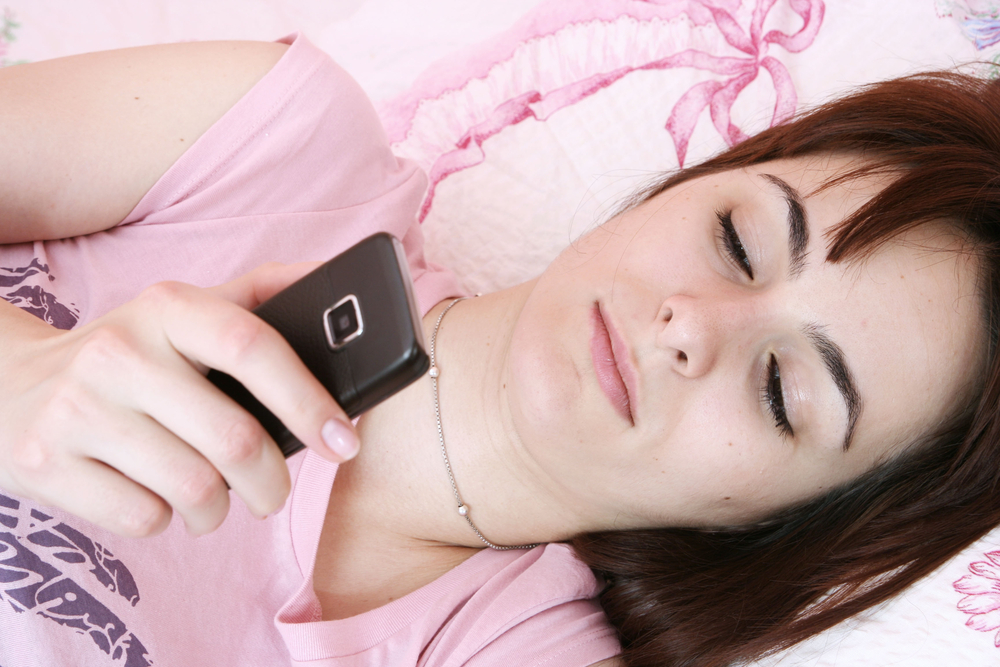Technology Use Before Bed Linked with Increased Stress

WASHINGTON D.C. — Using technology before bed may be stressing us out, preliminary results from a new study suggest.
In the study, people who surfed the web or sent a text message within two hours of going to bed reported higher levels of stress than those who didn't engage in these behaviors.
However, the link was not seen with all forms of technology: neither emailing nor watching TV before bed was linked with greater stress.
Behaviors that did not involve technology, including exercise and reading, were also not linked with stress levels.
The findings add to a growing body of research linking technology use to stress.
And studies have also suggested technology use before bed may disrupt sleep. An earlier study by the same group of researchers found that people who sent a text, surfed the web or emailed before bed were more likely to experience insomnia than those who did not engage in these behaviors. This disrupted sleep may in turn increase stress levels.
However, the new study found an association, not a cause-and-effect relationship between technology use before bed and stress. It's possible that people who are stressed end up using technology in the hours before bed, and not the other way around.
Sign up for the Live Science daily newsletter now
Get the world’s most fascinating discoveries delivered straight to your inbox.
Technology use before bed is common. A 2011 poll from the National Sleep Foundation found that 95 percent of Americans use some form of technology in the hour before bed.
Some researchers have suggested that light emitted from gadgets such as computers and cellphones may disrupt sleep. Electronic screens emit a lot of blue light, which is known to suppress melatonin, a hormone involved in the sleep-wake cycle.
Other evidence has suggested that interactive technologies, like texting and emailing, make a person more alert, and disrupt the onset of sleep.
The new study involved 500 people, ages 18 to 73, who completed an online survey advertised on social media sites. The majority of participants were young, female and identified themselves as Hispanic, so the results may not apply to other populations.
Study researcher Israel Arevalo, who was a psychology student at University of Texas-Pan American when he conducted the work, said he wants to conduct research looking at how the amount of light emitted by devices (such as a Kindle versus an iPad) might affect stress levels.
The study was presented here May 25 at the annual meeting of the Association for Psychological Science. It has not been published in a peer-reviewed journal.
Follow Rachael Rettner @RachaelRettner. Follow MyHealthNewsDaily @MyHealth_MHND, Facebook & Google+. Originally published on LiveScience .

Rachael is a Live Science contributor, and was a former channel editor and senior writer for Live Science between 2010 and 2022. She has a master's degree in journalism from New York University's Science, Health and Environmental Reporting Program. She also holds a B.S. in molecular biology and an M.S. in biology from the University of California, San Diego. Her work has appeared in Scienceline, The Washington Post and Scientific American.










